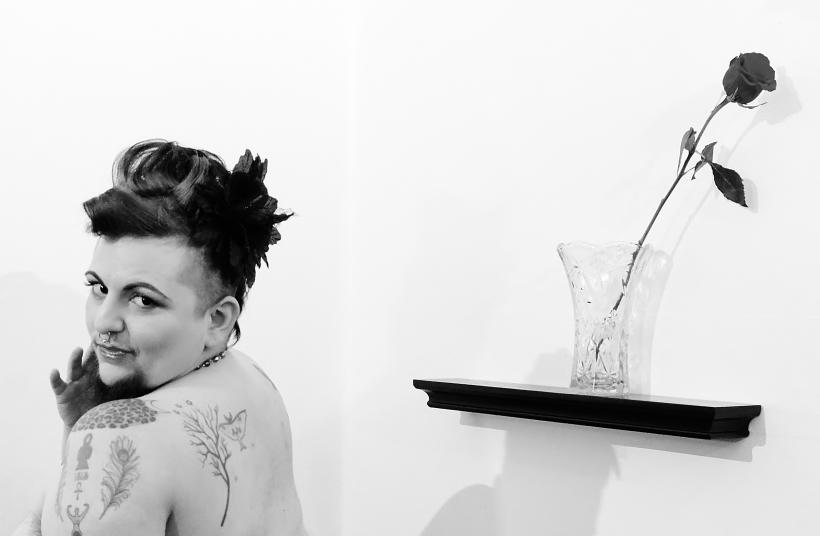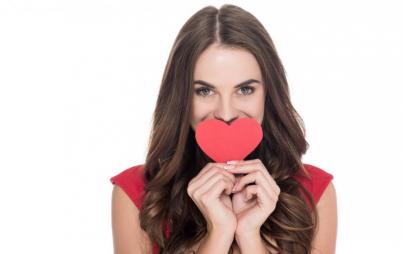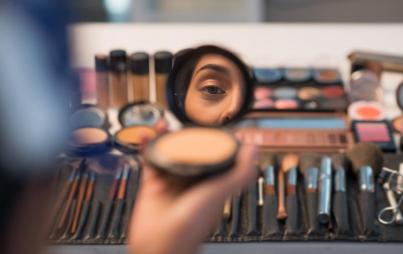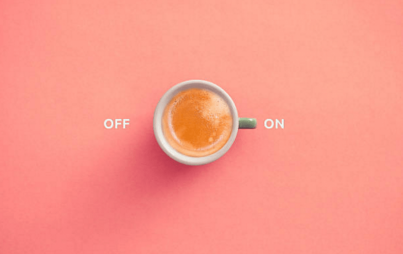
When I’m displaying my figure in a provocative pose—or onstage in pasties—it’s not because I have no fear. It’s because I’m trying to work through my fear.
I’ve written extensively about how, when you are “othered” in your appearance/identity, your day-to-day life is compromised by various expectations, such as being:
- Trolled and harassed (i.e. “Eww, what the hell is that thing?”)
- Objectified/exotified (i.e. “Mmm, I totally have a fetish for people like you.”)
- Compliant to your consent being taken away (i.e. “Hey, you want to look like that? You’re asking for it!”)
- Concern-trolled and policed (i.e. “Are you doing this for attention? Are you angry about something?”)
- Everyone’s Accessible Teachable Moment (i.e. “How did you do it? Tell me your entire story!”)
Grateful for any attention AT ALL, no matter now pejorative (i.e. “Hey, at least they’re talking to you, right?”)
And if you think, as a chubby, hairy, tattooed, rainbow-haired, assigned-female-at-birth carny with a beard, I don’t deal with this everyday—trust me, I do (because I’m “asking for it,” right?). But at least with the aforementioned circumstances, I can brush it off as society’s inability to deal. After all, if there’s anything we as a culture hate, it's “odd” people who live openly, aren’t attempting to hide/be ashamed of/”fix” themselves, and DEMAND the same respect as anyone else. Man, do we hate that.
So what happens when I’m granted what is essentially a compliment, but backhandedly wrapped up in society’s awkward packaging?
I recently did a boudoir photoshoot with my good friend Samuel S. Grahn, as a Valentine’s Day gift for my wonderful primary boyfriend. I decided to allow the more, ahem, family-friendly photos to be shown publicly on Facebook, as well. While I was relieved to find nil in the way of “what the hell is that thing,” I found that unexpectedly high outpouring of support and admiration seemed to revolved around one key word:
BRAVE.
As in:
“Wow, I admire your bravery!”
“You’re so brave! I could never do that!”
“I would never be brave enough to pull that off.”
At first I couldn’t put my finger on why that rubbed me the wrong way. Brave is good! Like the Little Toaster! Like the Little Engine that Could! Brave like a warrior, right?
. . . Right?
So why was it making me grimace?
I finally figured it out, and it comes down to this: Things are as affecting as you build them up to be. For example, if you dye your hair purple and immediately become an apologist for it, you perpetuate that it’s something to apologize for. If you preface a spat you have with a friend with, “This is going to sound so trivial, but . . .” then you perpetuate that it’s something small.
When people—however well-intentioned—would constantly default to commenting on my courage, I began to feel like it just perpetuated that, above all else, I was strange. And then I didn’t feel brave like a warrior—I felt like a novelty.
Normal people have a sense of shame, of limitation, of “time and place.” But “brave” people like I have no such perspicacity. We are shameless; unabashed.
“I could never be that brave,” began to feel like coded language for, “I would never leave the house looking like that.”
More so, I detest ideologies that split people into “more” vs. “less” enlightened, and the less backhanded compliments felt almost obsequious: “I wish I could be more like you. I wish I could be brave. But I just hate my body too much.”
Words like that break my heart, for two reasons. First, it creates a false dichotomy. I’ve previously stated that loving yourself and changing yourself are not mutually exclusive, and that fact holds water here as well. Women who choose to shave their face and bodies, or choose to not be out about their sexuality or gender, aren’t by definition giving into shame and fear. It’s everyone’s personal right and body autonomy that allows us to do what we feel is right for ourselves. It’s the shame and loathing you attach to it that makes a difference.
The idea it's because I have no fear that causes me to be out is also a faulty conclusion. People are often surprised to learn that despite my getting on stage or in front of the camera regularly in sparkly and sometimes barely-there costumes, with a larger cluster of hair follicles on my body than is on other bodies (See? Seems pretty menial when you break it down, doesn’t it?), I am quite insecure about my body size and shape. But it’s true. When I’m displaying my figure in a provocative pose—or onstage in pasties—it’s not because I have no fear. It’s because I’m trying to work through my fear. I’m a very trial-by-fire type queer.
And that right there is what gave me pause, because that’s what bravery is, isn’t it? It’s not breezing through ventures that require no swallowing of pride or shame. It’s about trudging through deep waters—“the only way out is through.” It’s about conquering those very insecurities.
Upon that realization, I stopped hating “brave.” It stopped (well, ok, it lessened) feeling like “coded language,” and pedestal placing. It became about empowerment once more.
I’m not brave because I’m shameless, or superior, or strange. I’m brave because I’m afraid.
I’m afraid that the entitled sneers and jeers of, “gross,” and “attention whore,” will one day veer into physical harassment. I’m afraid that when I walk a little slower and breathe a little harder than those walking around me, they’ll grumble that “I’m asking for it” for being such a “lard ass.”
I’m afraid the people who love me and support me will one day grow tired of my “antics” and seek out someone who is less stressful to be around—someone who is less work.
I’m afraid. Sometimes I’m terrified. Sometimes I’m paralyzed by it. And I do it anyway. And that is what makes me brave.
That is why now when people remind me of my bravery, I choose to fight my earlier misconceptions of the word. Because I’m not the funny novelty who might dive head first into deep waters.
I am the warrior who can.






